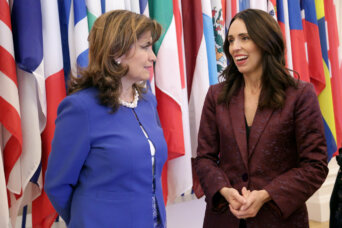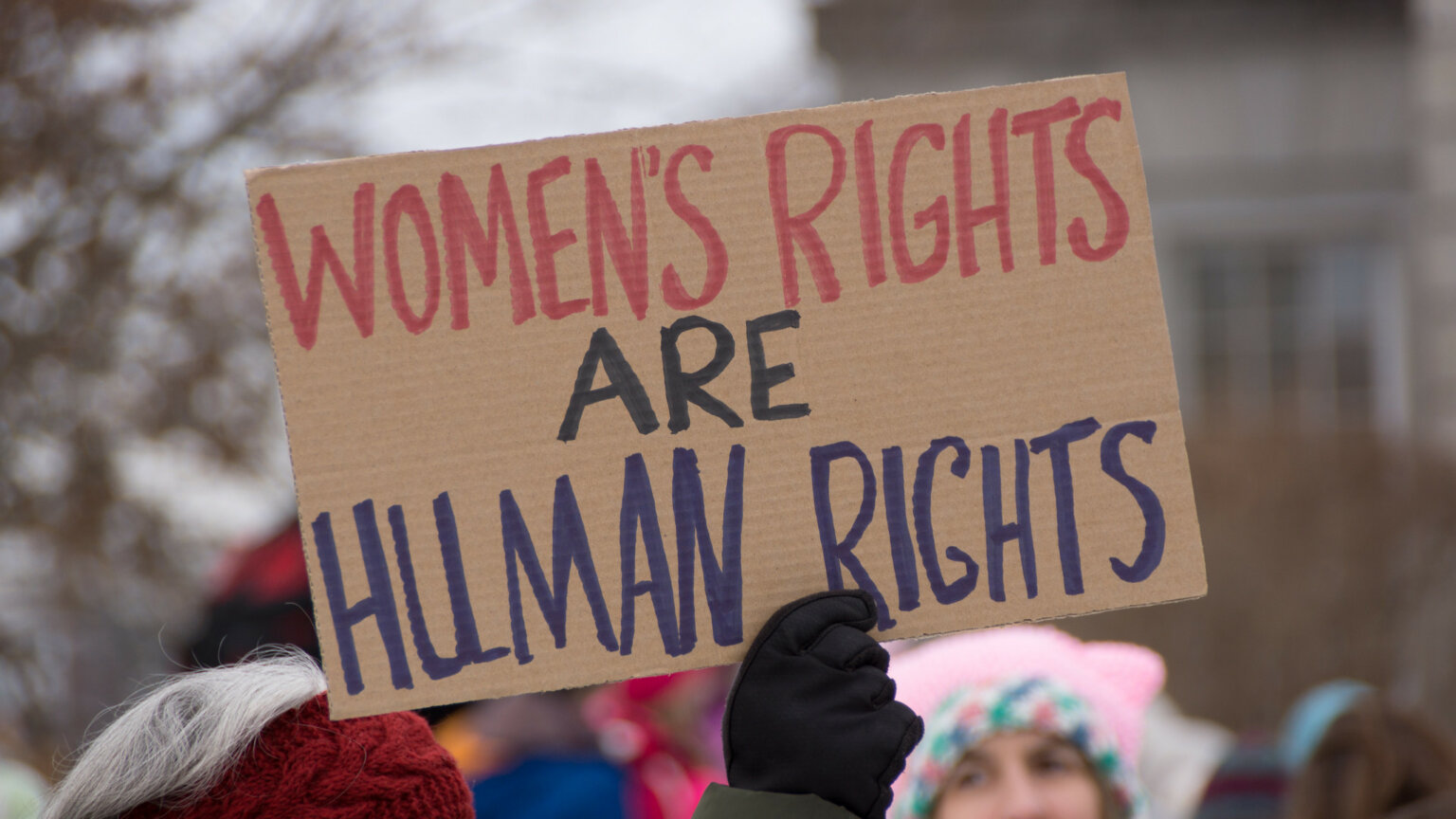- About
- Topics
- Picks
- Audio
- Story
- In-Depth
- Opinion
- News
- Donate
- Signup for our newsletterOur Editors' Best Picks.Send
Read, Debate: Engage.
Across key sectors, from agriculture and education to health, women globally remain grossly underrepresented in leadership and decision-making positions despite being the most affected by shocks in these industries.
Around the world, a large percentage of women work the lowest paying and most vulnerable jobs, which has intensified poverty rates and fanned gender inequality.
All the while, women have to battle numerous atrocities that infringe on their basic rights, including domestic violence, female genital mutilation, rape and modern day slavery.
Yet, the world hasn’t made considerable efforts to ensure that women get into leadership positions, which would help create an environment for them to thrive in.
Women, for example, account for a quarter of members of parliament globally, with a paltry 21.3 percent of them holding ministerial positions. While they constitute 70 percent of the health sector workforce, only 24.7 percent of them are health ministers.
In Sub Saharan Africa, where women account for the largest population directly involved in agriculture (which is the lifeline of numerous economies), only 24 percent of them are agricultural scientists, and just 14 percent of them are in agricultural research leadership positions.
Pundits posit that with this snail-paced commitment, gender equality among heads of government, for instance, may take an extra 130 years to achieve. And that is unacceptable.
Gender disparities have been exacerbated by the COVID-19 pandemic, with women-led businesses, households and careers being more affected than those run by their male counterparts.
The global management consulting firm McKinsey says that in the wake of the pandemic, jobs held by women are 1.8 times more vulnerable compared to those occupied by men, and with women accounting for 39 percent of the workforce worldwide, they are susceptible to losing half of the overall jobs during these trying times.
Yet despite these odds, women have shown resilience and dedication by being in the front lines in championing for social change in key areas ranging from climate change and women’s rights to conflict resolution, and working as care-givers, innovators and health workers throughout the pandemic. Female leaders, such as Prime Minister Jacinda Ardern of New Zealand, have been celebrated for their unique, life-saving approach to tackling the crisis.
As the world marks the International Women’s Day today with the theme "Women in leadership: Achieving an equal future in a COVID-19 world," we must pause and reflect on the space and place of women in driving a sustainable future for all of us. And, most importantly, we must contemplate what we are doing individually and collectively to empower women into leadership positions.
Empowered women have proven that the world is a beautiful place to live in.
Image: OECD Organisation for Economic Co-operation and Development.

